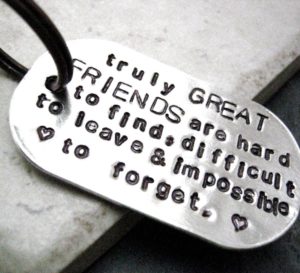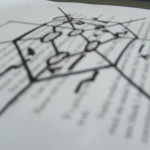Is there a risk in being loved?
No matter what relationship’s under the microscope, friendship, romance or family, to truly connect we need to become vulnerable. And vulnerability’s risky business.
Anyone who’s read my novels knows relationships are a big theme. Recently I received a review for the first novel in the Blaine Colton trilogy, that perfectly surmised the underpinning issue:
Blaine can’t stop thinking about one night of near heavenly bliss spent with his best friends Sophie and her brother Jett. More time with Sophie tops Blaine’s priorities … and yet … if he is an illegal GMO, will he ever have the right to love and be loved? [Emphasis mine]
I have a theory that self-worth and healthy connection are intimately linked. To clarify, I’m not talking so much about self-esteem, but self-worth, and Dr Christina Hibbert defines this perfectly in her blog ‘the psychologist, the mom & me’:
Self-esteem is what we think and feel and believe about ourselves. Self-worth is recognizing “I am greater than all of those things”. It is a deep knowing that I am of value, that I am loveable, necessary to this life, and of incomprehensible worth.
One of Blaine’s greatest struggles is believing he’s worthy of love, even of life. This doubt undermines him time and again, at times, tricking him into believing the world and those he cares for might be better off without him. On one hand, he has his adoptive parents telling him he’s been created with great love and care, wonderfully wrought, even before anyone knew of his existence. On the other hand, he’s confronted by the abandonment and rejection of his birth parents, who for a long time he believes dropped him like a steaming potato because of his overwhelming health challenges. (Like anything, it’s more complicated than that.) He longs to have friends, to love and be loved, but his physical imperfections and disabilities often seem an insurmountable obstacle.
What makes him valuable, lovable, in a world that glorifies perfection?
This is gritty stuff. No matter how many times Blaine’s family and friends tell him otherwise, it’s a matter he has to settle for himself. Especially when facing a reality where all he can do is ‘be’.
 Although our circumstances may differ from Blaine’s, I suspect this grapple with self-worth is a struggle we all face at one time or another. When self-worth is a pivotal factor for achieving healthy, relationship-appropriate levels of intimacy, it can become a vicious cycle of yearning to let people near then hiding our flaws, or pushing them away so they can’t see how imperfect, unworthy and unlovable we really are.
Although our circumstances may differ from Blaine’s, I suspect this grapple with self-worth is a struggle we all face at one time or another. When self-worth is a pivotal factor for achieving healthy, relationship-appropriate levels of intimacy, it can become a vicious cycle of yearning to let people near then hiding our flaws, or pushing them away so they can’t see how imperfect, unworthy and unlovable we really are.
Perhaps a cultural ideology that focusses so much on self-pride and feeling good about ourselves is a poor exchange for an inherent knowledge of our worth. The fact is, there are times we all mess up, make dumb choices, act out and do stuff that’s just plain unhealthy. It’s pretty hard to feel good then. And then there’s phase two: beating ourselves up because of these mistakes. But does this make us less valuable?
In our head we can tell ourselves it’s not what we do, say, earn, wear or how we look that determines our worth. It’s much harder telling our heart. It’s even harder to risk what someone else might think. Any relationship that goes beyond superficial acquaintance brings a risk of rejection and hurt. But when I think of those I do life with(every bumpy, emotionally warty, physically imperfect one of them 🙂 ) I recognise those who are willing to see beyond my many flaws and journey with me, are the ones who make it their business to remind me of my intrinsic worth.
Are relationships risky business? For sure. But with great risk can come great gain.
